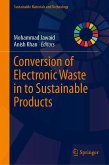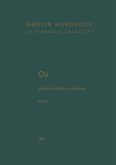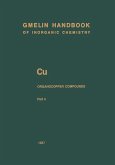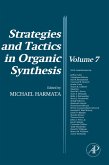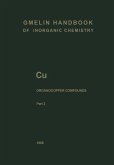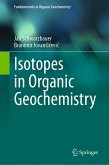This book explores the mechanistic understanding and functional design of electrocatalysts for CO2 electroreduction, focusing on bridging the gap between lab-scale research and industrial-scale implementation. It systematically investigates the role of grain boundary structures, oxidation states, and interfacial microenvironments in stabilizing Cu-based catalysts, thereby enhancing the selective production of multi-carbon products. By integrating oxidation and alloying strategies, this work introduces new approaches to modulate copper oxidation states, leading to improved catalytic performance. Advanced characterization techniques, including in situ multimodal spectroscopy, provide insights into the electrochemical stability of Cuδ¿ species and their impact on reaction pathways.
Beyond catalyst design, this book extends the discussion to CO2 electrolyzer configurations, emphasizing membrane electrode assemblies and gas diffusion electrode engineering for scalable applications. The introduction of functionalized carbon black to modulate the interfacial environment, effectively suppresses the hydrogen evolution reaction, stabilizing active Cuδ¿ species and promoting ethylene production with high Faradaic efficiency.
By integrating fundamental insights with industrial feasibility, this book offers a comprehensive guide for researchers and engineers developing next-generation CO2 electrolysis technologies, contributing to carbon-neutral chemical manufacturing and sustainable energy solutions.
Dieser Download kann aus rechtlichen Gründen nur mit Rechnungsadresse in A, B, BG, CY, CZ, D, DK, EW, E, FIN, F, GR, HR, H, IRL, I, LT, L, LR, M, NL, PL, P, R, S, SLO, SK ausgeliefert werden.



